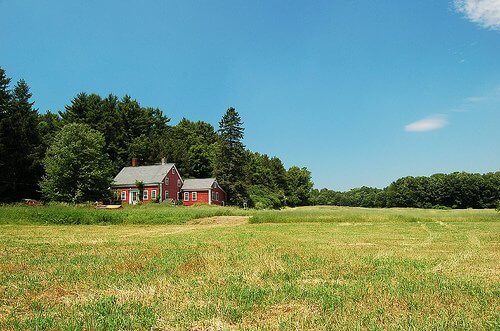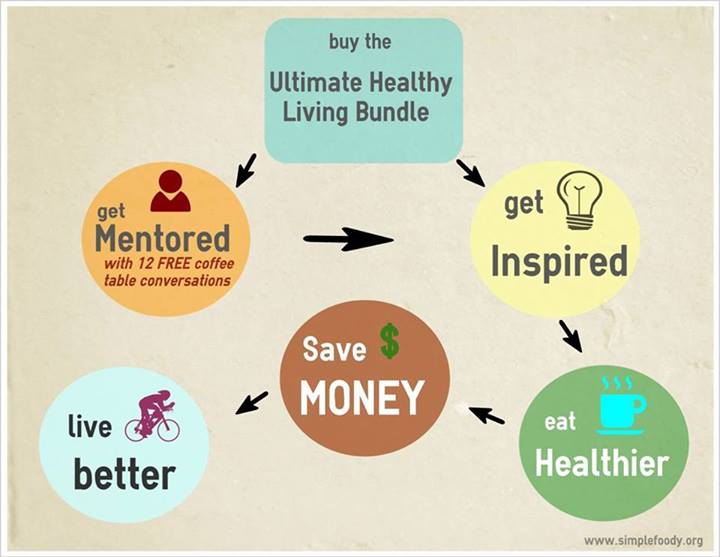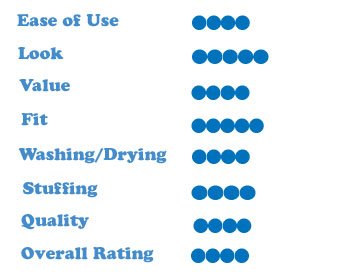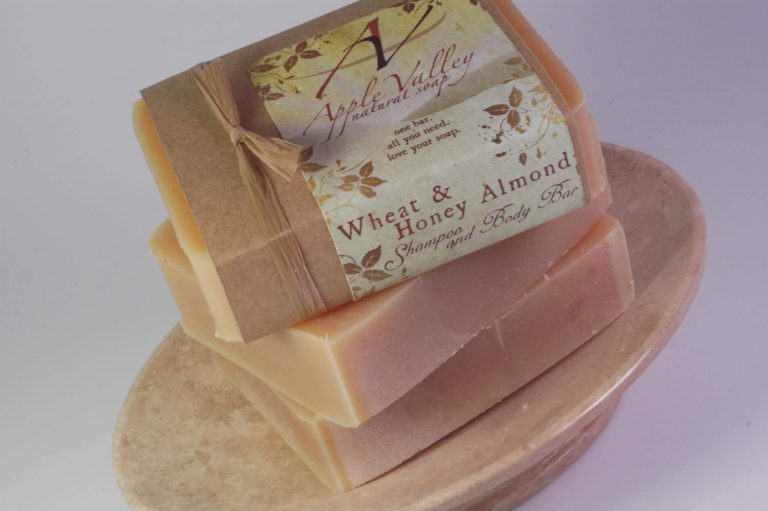How to Find Local Sources of Meat

Written by Anne Elliot, Contributing Writer
We moved to Minnesota almost 18 months ago, but in that time, I just never got around to finding some good meat for our family. I got lazy, going more often to my local grocery stores rather than taking the time to find a local source for beef, chicken, eggs, and other meat.
But because of the recent course I’ve been taking from Wardah at GNOWFGLINS.com, and after reading chapter 11 of Stephanie’s new Real Food on a Real Budget book, I was inspired to try, try again.
So last week, a friend and I set out on a real-food adventure. First we went online to several websites and found some farmers that were within driving distance of us.
We also went to a nearby health-food store, and we asked the owners from whom they purchased grass-fed beef and free-range poultry. We took note of who was selling meat at the farmer’s market, and finally, we e-mailed our local Weston Price chapter leader.
Now we had quite a few possibilities, but my friend and I had some specific things we were looking for in our meat:
- We wanted farmers who let their cows eat only organic grass. No soy or corn for us!
- We wanted farmers who finished their cows on grass also, rather than fattening them up at the last minute on corn.
- We wanted farmers who avoided growth hormones, antibiotics, or animal by-products.
- We wanted farmers who butchered their cows humanely.
- We wanted farmers who would sell to us directly, either by the pound or in larger quantities.
Using our list, we started emailing the farmers. This list eliminated quite a few. We finally chose a handful that were located conveniently, then we called them on the phone. (Actually, my friend did the phoning, bless her!)
Last week, we left our older kids home with our husbands, bundled up our babies, and drove out together into the country. On the way, we passed a “factory farm” and saw first-hand the kind of farm from which we DIDN’T want to buy our beef! How peaceful the organic farm was in contrast!

Image by ilovebutter
When we got there, the farmer’s wife met us and gave us a tour of the place. She showed us the freezers and explained the butchering process. We had plenty of time to ask questions. (In fact, my van broke down in their driveway… so yes, we had plenty of time!)
Both my friend and I purchased several different cuts of meat to sample. The farmer’s wife explained that grass-fed meat requires slightly different cooking methods, so she gave us some recipes, recommended www.grassfedcooking.com, and the books The Grassfed Gourmet and The Farmer and the Grill.
My friend and I left the farm armed with price lists for buying a quarter, half, or whole cow. We both need to save up for that purchase (!), as well as plan room in our freezers. The Oklahoma State University website gives information on how to freeze beef for the freezer.
This was our process for grass-fed beef. We’re in the midst of looking for excellent sources of chicken and turkey now. I personally want to avoid chicken that has been fed soy, but others say that it isn’t an issue because of the way chickens digest the soy. (I’d welcome your comments on this issue!)
Switching from commercial to organic meat can certainly be a strain on the budget. For our family, we’re trying to reduce our meat consumption by half, which keeps the cost close to what I was spending before. Buying in bulk will make it even more inexpensive. We’re also considering hunting game such as deer and elk, since these are tremendously cheaper. (For us, we’re talking about paying a friend to hunt for us.)
The benefits of good meat are many! I’m looking forward to renewed health and energy because we’re eating clean, healthy meat.
![]()





I’d be curious to hear where Anne found her meat, as I’m located in Minnesota too! We just bought beef from a farmer my sister-in-law knows. I’m not sure if it is entirely organic, but I know they are mainly grassfed. Next time I think I’ll take a more investigative role in the whole process, as this time I left it up to her. I figure it is still a step up from buying our meat from the grocery store! Thanks for inspiring me know exactly where my meat comes from!
.-= Greta @ Mom Living Healthy´s last blog ..Moving Matters: How Much Physical Activity Do Families Need? =-.
I’m curious as well…another Minnesotan here!
I just picked up my local, grass fed, antibiotic free, hormone free half cow yesterday. The only reason it isn’t certified organic is b/c there isn’t an organic butcher in the area for the farmer to send it to. It’s as close to perfect as we can get! And it was only $2.30 per pound!!! I have to say though – that is a LOT of meat in my freezer. Now, we’re onto finding good chickens. It’s such a process; I didn’t realize how involved it would be to find someone we trusted. We’re getting half a pig from the same farmer in July. Hopefully by then I’ll have freed up some freezer space.
We are so blessed to be cattle ranchers and raise our own beef!! We would not meet all of your standards, but they are grass-fed until the last 60-90 days when they are fed out by my father and they are always antibiotic and growth hormone free!! We thoroughly enjoy having beef when we need it and knowing exactly where it’s been and what it has eaten!! Thanks for the article, great read!
Thanks Anne!
We recently checked eatwild.com too and happened to find a lovely farm only 10 minutes from my in-laws (2 hours from us). They’re not certified organic but they follow wonderful procedures and we have been able to tour the farm more than once. We now gather up orders and go see them about once every two weeks to pick up meat, eggs, and milk (yes, they have raw milk too!). In fact, we got super lucky — this farm has beef, pork, turkey, chicken, and lamb. Plus the eggs and raw milk. We have another farm locally (that is certified organic) that has grass-fed beef and also organic grains, maple syrup, and a very extensive CSA, to which we belong. Between the two we’ll get almost everything we need! We’re very excited about it.
.-= Kate´s last blog ..Journey to Real Food: Introduction =-.
my husband is a hunter, so we are fortunate to eat venison (from right out of our backyard) and not have to buy beef at all.
we just got our own hens for eggs and started purchasing raw milk, and OH MY GOSH, what a difference! we don’t buy a lot of chicken, but it’s all been conventional, and we still need to make that switch.
i live in a small town and miss urban life (and eating) soooo much, but it is definitely nice to have access to wonderful local farms:)
.-= suzannah @ so much shouting/laughter´s last blog ..has anyone in this family ever SEEN a chicken? =-.
Hey, fellow Minnesotans!
I got my meat from Earth-Be-Glad Farm, not too far from Winona. I live down in the southeastern part of MN. I know they sell to several health food stores in MN, though. Rochester, for sure.
Two other farms I’ve looked at, and maybe they deliver to the Metro area (?), are Hilltop Pastures and Grass Run Farm:
http://www.hilltoppasturesfamilyfarm.com/
http://www.grassrunfarm.com/
Hope this helps!
~Anne
.-= Anne Elliott´s last blog ..How to Find Local Sources of Meat =-.
For those of you in the Twin Cities, some friends of mine run The Grass Fed Cattle Co.. Their website just lists the 1/8, 1/4, & 1/2 cow packages at the moment, but I know they’re going to be offering some smaller deals, like a special Father’s Day gift box & a “Cow Pool” CSA-style plan.
Well, if you gotta break down with the kids, a farm that gives tours would be a good place to do it! 😉 Worst place: side of the highway. Or maybe next to a conventional farm while they’re spraying the fields. Ugh.